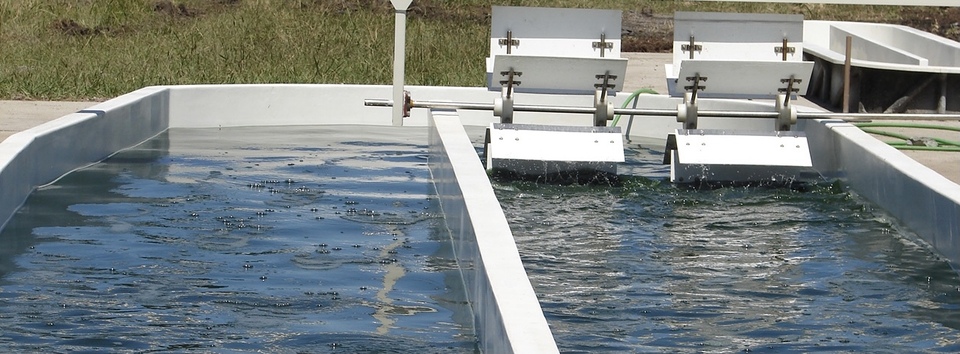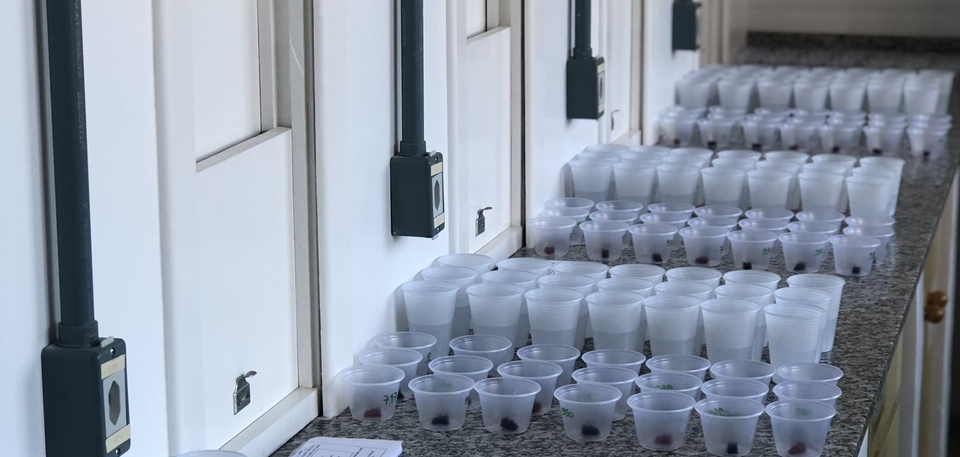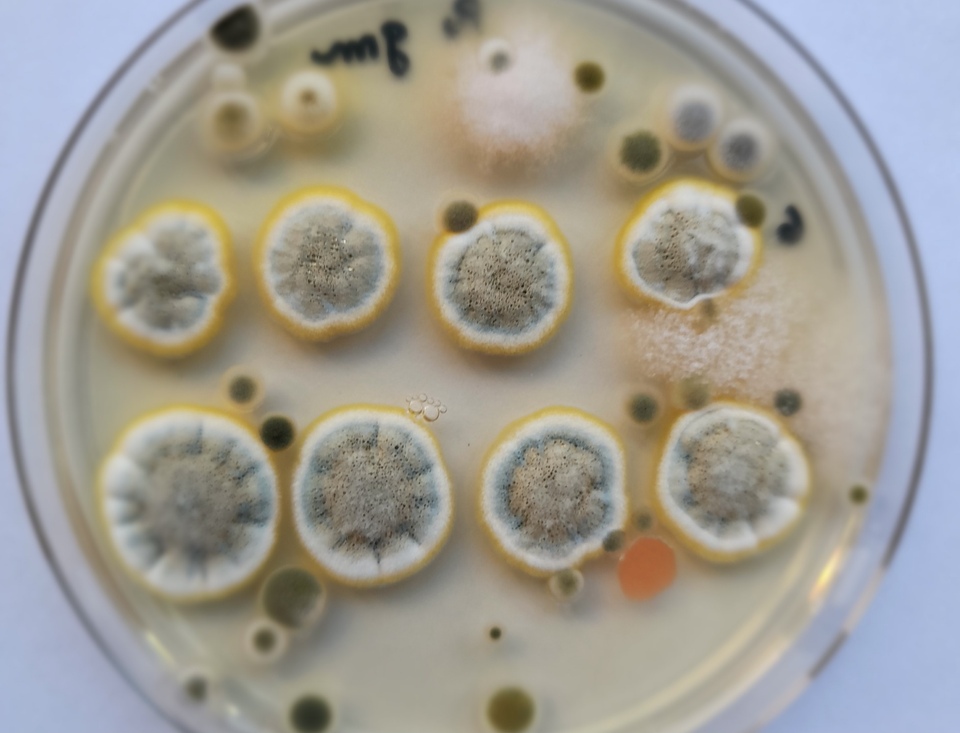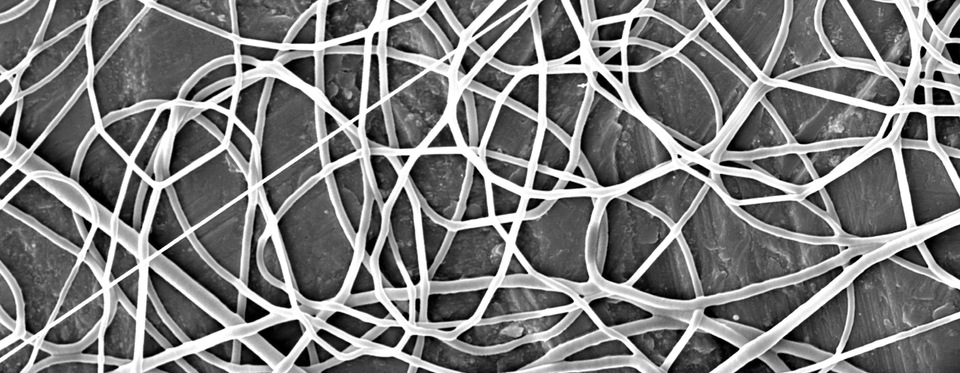Graduate Food Engineering and Science Program
The Graduate Program in Food Engineering and Science of the Federal University of Rio Grande (FURG) began graduate activities in1996, as a non-degree program, based on a consolidated background of professors graduated in Food Engineering, who went through training in order to meet the main demands of the food area. The Program is linked to the Chemistry and Food School, a department that, besides complying with different programs, is directly responsible for the training courses of the undergraduate programs in Food Engineering, Chemical Engineering, Biochemical Engineering, Agro-industrial Engineering (Food Industries), Agro-industrial and Agrochemical Engineering, and Chemistry (Bachelor’s and Teaching Degrees).
The undergraduate program in Food Engineering started in 1979 through the ordinance No. 810, published by the National Gazette, on October 18, 1985. Afterwards, the program was approved by the Federal Council of Education, which reflected the potential of the former Chemistry Department, nowadays Chemistry and Food School, to have professionals working in the area of Food Engineering. At the time, 4 professors with Master’s Degree and 2 other professionals, recently hired, worked in the field. From 1980 on, faculty prioritized the continuous education in Sciences, Technology and Food Engineering, aiming at the implementation of a graduate program, which happened in 1996 with a start number of 6 doctoral professors, evolving to the current total of 12 full professors and 2 collaborators professors.
The strategy to consolidate the continuous education was by scientific initiation (1985), with the Special Program of Tutorial Training – PET (1991) and the creation of the Specialization in Food Engineering, a non-degree graduate program (1994). From such experience, the team proposed the establishment of the first Committee for Graduate Program in Food Engineering, composed of professors from the Departments of Chemistry, Mathematics, Physics, and Behavioral Sciences that proposed the transformation of the non-degree into a graduate degree program, which was approved by the University Council in 1995.
The Master’s Degree in Food Engineering started its activities by offering regular courses in the first academic semester of 1996. The renaming of the Program to Master’s Degree in Food Engineering and Sciences and the alteration of 3 areas of concentration to only one occurred in 2001, and in April of 2002 became effective, according to the recommendation of consultants indicated by the Coordination of Improvement of Higher Education Personnel (CAPES). With such experience in progress and the contribution of newly trained professors, in March 2004, the Program extension to the Doctoral degree was approved by CAPES, with emphasis on Food Engineering and Science. Nowadays, the Program has 3 lines of research, which represent the faculty’s working areas: Food Bioprocessing, Characterization of Agriculture and Livestock Recourses, and Valuation of Hydrobiological Resources.








